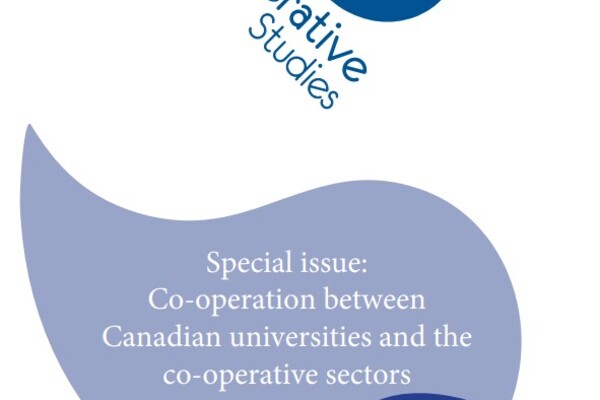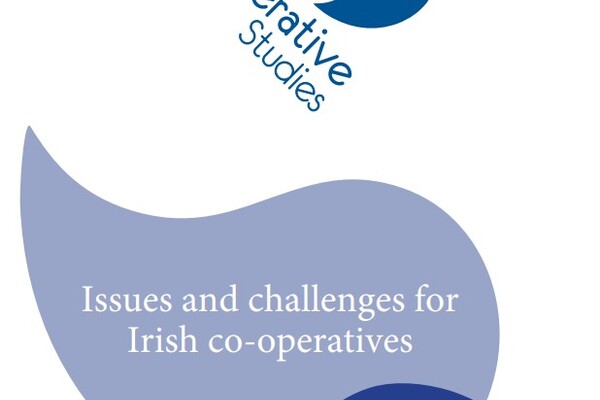Journal of Co-operative Studies, 54(2) - No. 162
Guest Editorial - Co-operation Between Canadian Universities and the Co-operative Sector
Claude-André Guillotte and Josée Charbonneau, pp. 3-4
Guest Editorial
Peer reviewed papers
![]() The university as a site of place-based entrepreneurship: The case of the Green Campus Co-operative.
The university as a site of place-based entrepreneurship: The case of the Green Campus Co-operative.
Darryl Reed, pp. 5-16
Victoria Taras, pp. 17-30
![]() Humane alternatives: Co-operative education at Stony Mountain Institute.
Humane alternatives: Co-operative education at Stony Mountain Institute.
Judith Harris and Tam Le, pp. 31-44
Myriam Michaud and Luc K. Audebrand, pp. 45-61
Book reviews
![]() Boundary exploration: The entrepreneurial experiments of Fr. Greg MacLeod. By Harvey Johnstone
Boundary exploration: The entrepreneurial experiments of Fr. Greg MacLeod. By Harvey Johnstone
Reviewed by John Simoulidis, pp. 64-67










